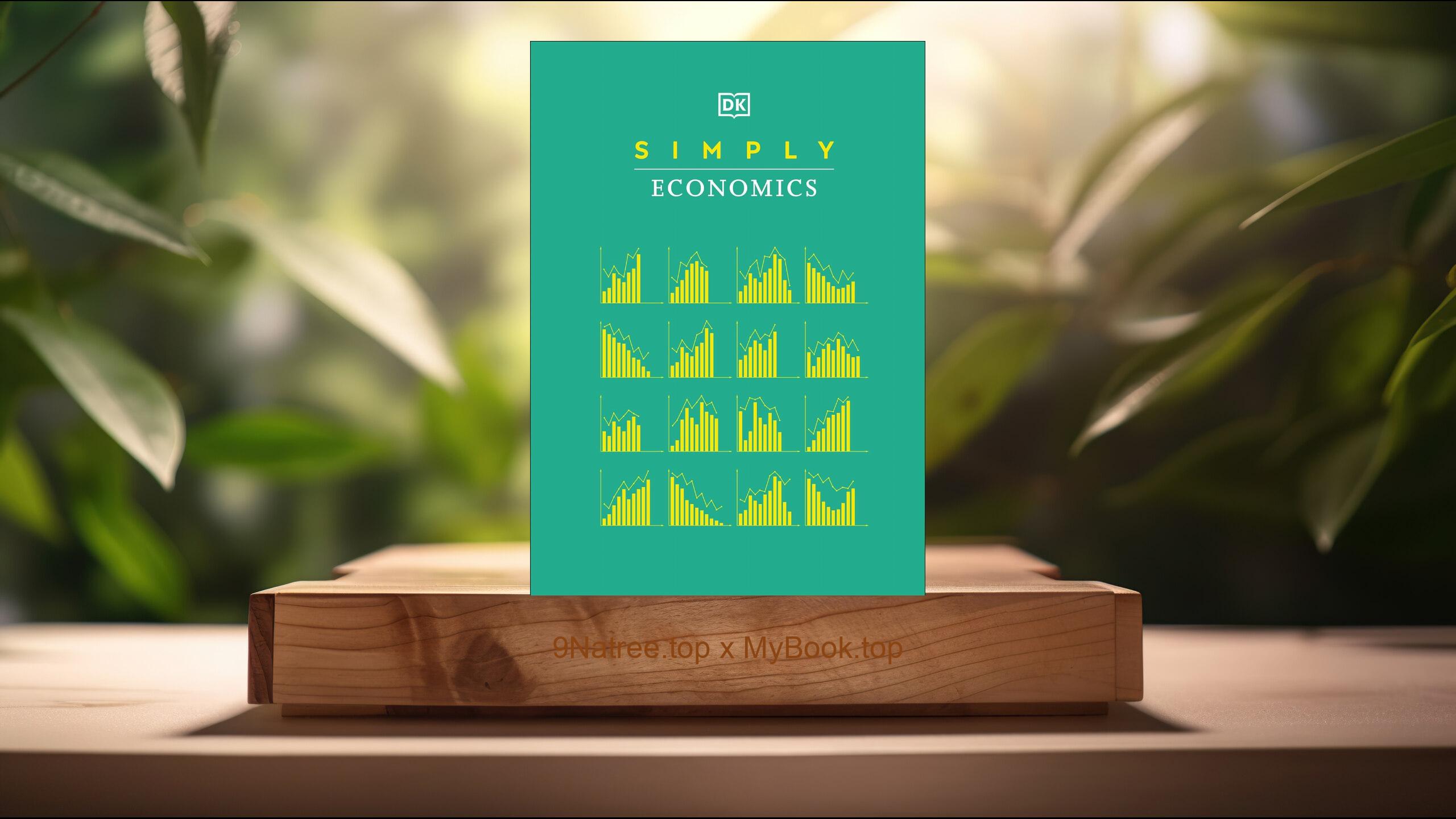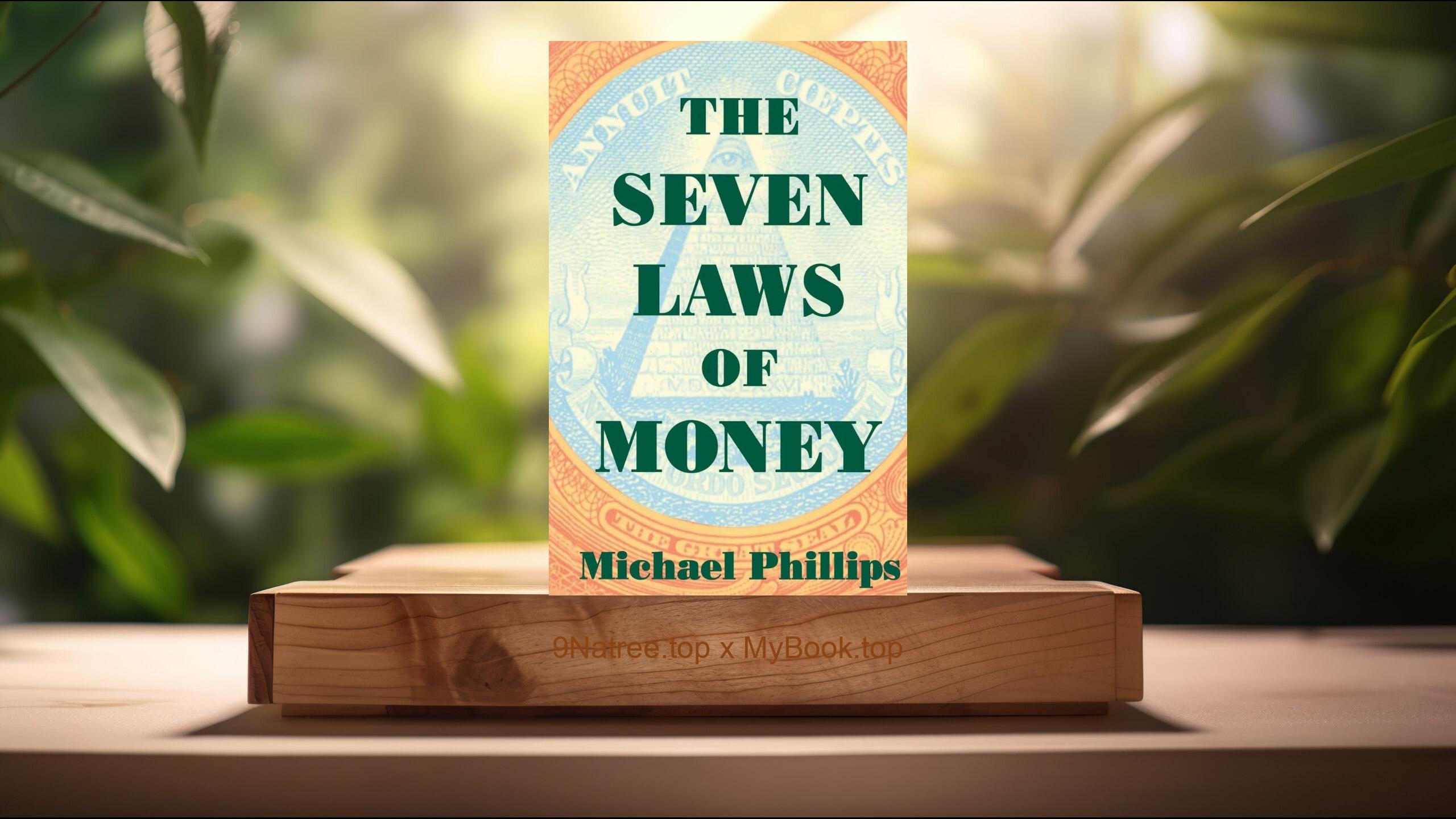Show Notes
- Amazon USA Store: https://www.amazon.com/dp/B0180SU4OA?tag=9natree-20
- Amazon Worldwide Store: https://global.buys.trade/Dark-Money-Jane-Mayer.html
- Apple Books: https://books.apple.com/us/audiobook/dark-money-the-hidden-history-of-the/id1418869935?itsct=books_box_link&itscg=30200&ls=1&at=1001l3bAw&ct=9natree
- eBay: https://www.ebay.com/sch/i.html?_nkw=Dark+Money+Jane+Mayer+&mkcid=1&mkrid=711-53200-19255-0&siteid=0&campid=5339060787&customid=9natree&toolid=10001&mkevt=1
- Read more: https://mybook.top/read/B0180SU4OA/
#darkmoney #politicalfinance #Kochbrothers #CitizensUnited #climatechange #democracy #campaignfinance #wealthinfluence #DarkMoney
These are takeaways from this book.
Firstly, The Rise of Dark Money in Politics, Dark Money explores the rise of political donations from unknown sources in the United States, particularly in the wake of the Citizens United v. FEC Supreme Court decision in 2010. This landmark ruling effectively eliminated restrictions on corporate and union spending in elections, thus opening the floodgates for unprecedented amounts of money to influence political outcomes without transparency. Mayer outlines how this decision has contributed to the emergence of 'dark money' groups, which can operate without disclosing their donors and often push agendas that benefit a small oligarchic class. The book details the proliferation of these organizations, recounting how billionaires have utilized them to orchestrate campaigns and dismantle regulations that constrain their interests. Through her investigative lens, Mayer emphasizes the alarming implications of such financial anonymity, where elected officials may feel beholden to the wishes of their donors rather than their constituents, effectively undermining voter influence and altering the foundational principles of democratic governance.
Secondly, The Koch Brothers and Their Network, A significant focus in Dark Money is on the Koch brothers, Charles and David, who have emerged as key figures in the proliferation of dark money in American politics. Mayer meticulously details how these billionaire industrialists built a vast political network, which includes think tanks, advocacy groups, and front organizations designed to further their libertarian and corporate agendas. The Kochs have invested heavily in promoting policies that favor deregulation, tax cuts for the wealthy, and opposition to climate change initiatives. Mayer captures their strategic mindset, showcasing how they rival traditional political parties and mobilize resources to shape public discourse. The infrastructure created by the Kochs extends beyond mere financial contributions; it represents a systematic approach to political influence that includes grassroots organizing and significant media power. This section of the book raises critical questions about the balance of power in politics, illustrating how personal wealth can be turned into a political weapon that can distort policy priorities and public opinion.
Thirdly, The Impact of Dark Money on Climate Change Policies, Mayer powerfully connects the dots between dark money and environmental policies, particularly regarding climate change. She notes how a significant portion of dark money funding has been directed towards denying climate science and opposing regulatory efforts aimed at environmental protection. The underlying motivation appears to be a desire to protect fossil fuel interests and maintain lucrative business operations without government oversight. Mayer highlights specific campaigns and organizations funded by dark money that have generated misinformation about climate change, creating a public perception that undermines scientific consensus. This aspect of the book serves as a critical reminder about the intersection of wealth, politics, and environmental issues, emphasizing the dire consequences of allowing special interests to dictate climate policy under the guise of free economic expression. The implications for global climate action and public health are profound, raising awareness of how financial influence can hinder necessary action to combat environmental crises.
Fourthly, Legislative Manipulation and Policy Shaping, In Dark Money, Mayer delves into the mechanics of how dark money translates into legislative manipulation and policy shaping. She explains how influential donors and their organizations engage in lobbying efforts to craft legislation that aligns with their financial interests. This influence is often exerted through strategic funding of political candidates who are likely to support their agendas once in office. Mayer provides numerous case studies, illustrating how key pieces of legislation, particularly those impacting health, labor, and environmental protections, have been shaped or obstructed by the interests of wealthy donors. This theme speaks to the broader trend of seeing policy decisions as products of backroom deals and financial transactions rather than democratic deliberation and public good. Mayer emphasizes that such manipulation poses a grave risk to representative democracy, as ordinary citizens' voices can be drowned out by the din of moneyed interests, leading to legislation that may not reflect the populace's needs.
Lastly, The Future of American Democracy, Mayer concludes Dark Money with a sobering reflection on the state of American democracy and its potential future. She warns that the unregulated flow of dark money threatens to dismantle the very tenets of democratic governance. The privatization of political influence fosters a sense of disenfranchisement among the populace, leading to widespread apathy towards the electoral process. Mayer discusses the need for reform in campaign finance laws to ensure transparency, accountability, and fairness in political participation. She also advocates for the importance of civic engagement, urging citizens to advocate for change and reclaim the political landscape from the grips of billionaires. This topic resonates particularly in the current climate of division in the United States, calling for a collective effort to recognize the dangers that dark money poses and to take action to restore democracy to its rightful owners: the people. Mayer’s contemplative insights encourage readers to consider their role within this democratic framework and the changes necessary to safeguard it.
![[Review] Dark Money (Jane Mayer) Summarized](https://episodes.castos.com/660078c6833215-59505987/images/1938127/c1a-085k3-okw3gp0ginp4-qi1omn.jpg)




